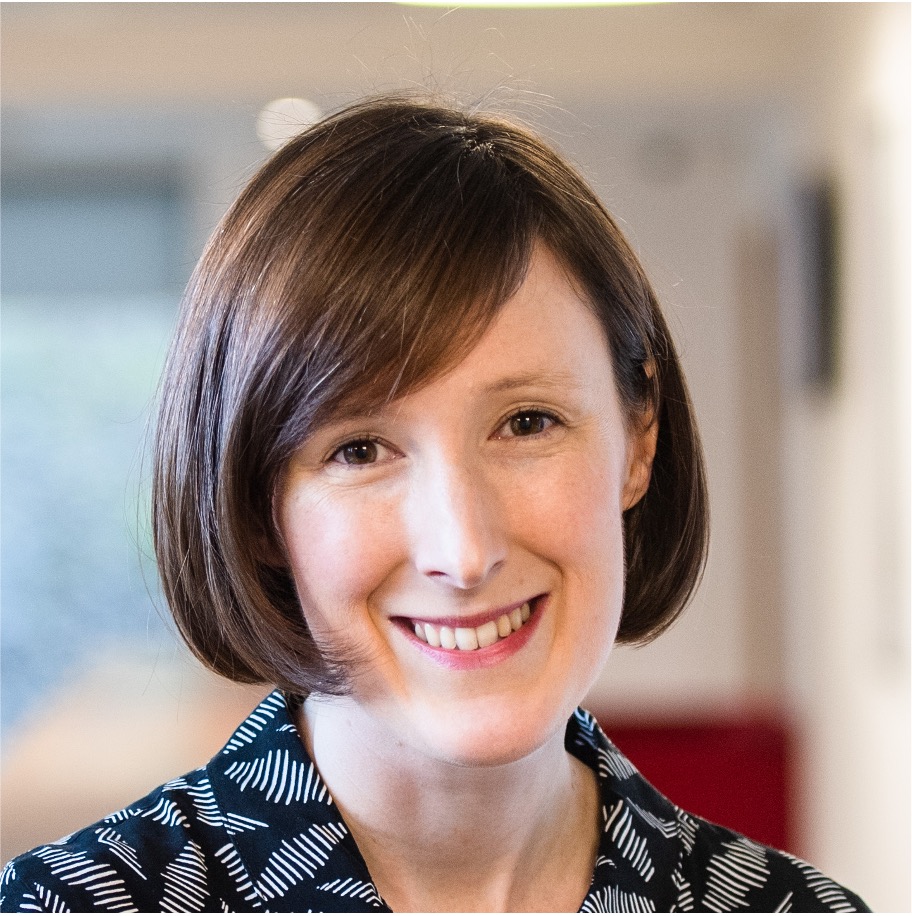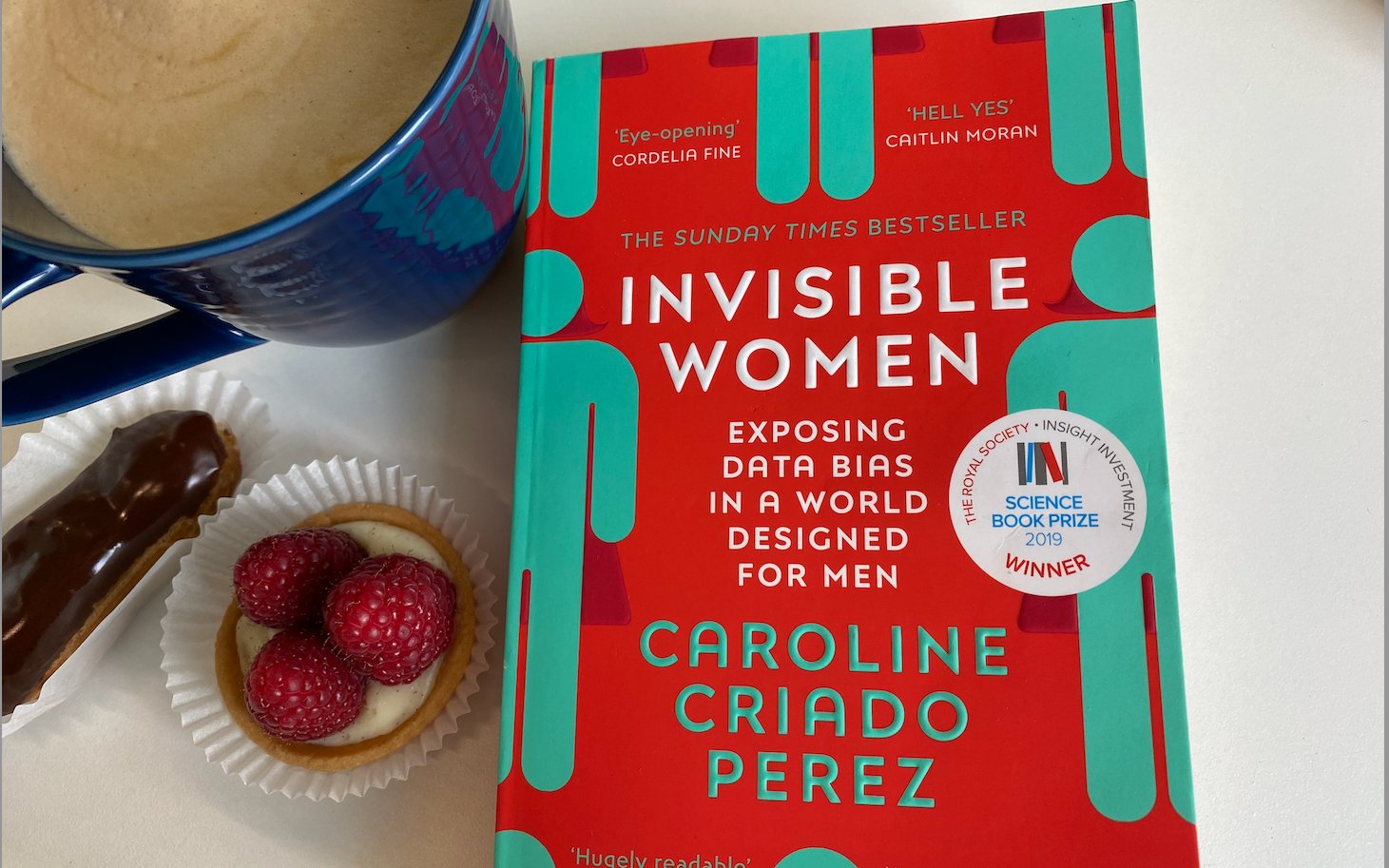Suzannah Rihn
ERC Senior Research Fellow & Principal Investigator, CITIID
Interview March 2025 – Emily Thomas (PhD student, co-chair Communications and Outreach Committee)
Where are you from and where did you complete your education?
I am from the US, and grew up in a not particularly interesting place in the state of Indiana. I did my undergraduate degree at an all-women’s university called Smith College in Massachusetts. I then did my PhD at The Rockefeller University in NYC. In 2012 I moved to Glasgow.
What does your lab do?
My lab is interested in how viruses cross species barriers. We are particularly interested in coronaviruses, not just because of the pandemic, but because there are many hundreds of other animal coronaviruses and we have very little understanding about their capacity to cause future epidemics or pandemics.
Describe yourself in three words?
I question everything!
Do you have a hidden talent?
If I do its very hidden.
What is the trait you most deplore in others?
Cruelty.
What inspired you to pursue a career in science?
I think like most scientists I like solving puzzles and understanding how things work, and I also wanted to help people. However, I am not naturally a people person so I felt a career in medicine might not be ideal for me. So, I chose to do research to answer questions that would be able to help people. I am interested in viruses for two reasons: the first is that nearly all of us are impacted by them in various ways throughout our lives, and the second is that we can all very suddenly be impacted by pandemics. In this way, they can be very non-discriminatory.
Who was the most influential person that taught you as an undergraduate?
I had a professor during my undergraduate degree called Mary Harrington who asked me if I wanted to work in her lab. She actually sought me out to mentor me because she saw that I had potential but didn’t come from an academic background. I am very grateful that she saw my potential and wanted to help me succeed.
What is the best and worst advice someone has given you?
The best advice is to always do the toughest or most challenging experiment that would disprove your hypothesis first. It could save you a lot of time.
The worst advice I have heard is that you have to eat, sleep and breathe your research project, and that you should be thinking about it in every moment. Research should be a focus in your life, but it’s so important to have other things, like hobbies and relationships, in your life too!
What advice would you give to aspiring scientists?
I think that you should always get advice from as many senior people as you can as they will have all had quite different experiences and paths to success. The more opinions you get, the better able you will be figure out which advice and path would be the best for you. Never put too much stock in the opinion of one person.
Can you share a memorable moment from your career?
A really memorable moment for me was when I received my first fellowship. I had thought the interview had gone very poorly and told everyone I knew that I hadn’t been successful. In reality I was successful, and later even heard that it had gone very well. I think that first success really helped me overcome some elements of imposter syndrome.
Now what about your most embarrassing moment?
At the end of my PhD, I won a major prize and gave the opening talk of the biggest conference in my field. During the questions a very famous professor began aggressively questioning my results, doing so on information that he had completely misremembered and was wrong about. So, I was caught on stage having to correct him without embarrassing him and found the whole experience pretty mortifying. To his credit, he did later apologise and admit he was wrong!
What is the most interesting place you have visited?
I went on an amazing 3-week road trip touring the national parks in the USA awhile back. I loved lots of it but my favourite park was Glacier National Park in Montana.
What is your favourite place in Cambridge?
I’m going to say my garden. I live in the countryside and its very peaceful.
If you could time travel, where and when would you go?
I think I would go back to the building Stonehenge to try and finally get some answers explaining the what, why, and how of what they were actually doing!
Finally, what is your favourite immune cell?
As a virologist, I am going to be very controversial, and annoy all the immunologists by saying immortalised human cell lines, because they are both human and highly tractable!
Is there anything else you would like to share?
I started a knowledge, inclusion and equity in research book club in CITIID and we’d love for anyone interested to join us. It’s open to absolutely everyone, not just researchers, and you don’t have to read the books to join in. We welcome all types of opinions and views, so please do come along! There’s also free cake and tea/coffee!



